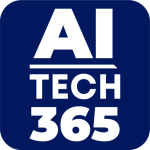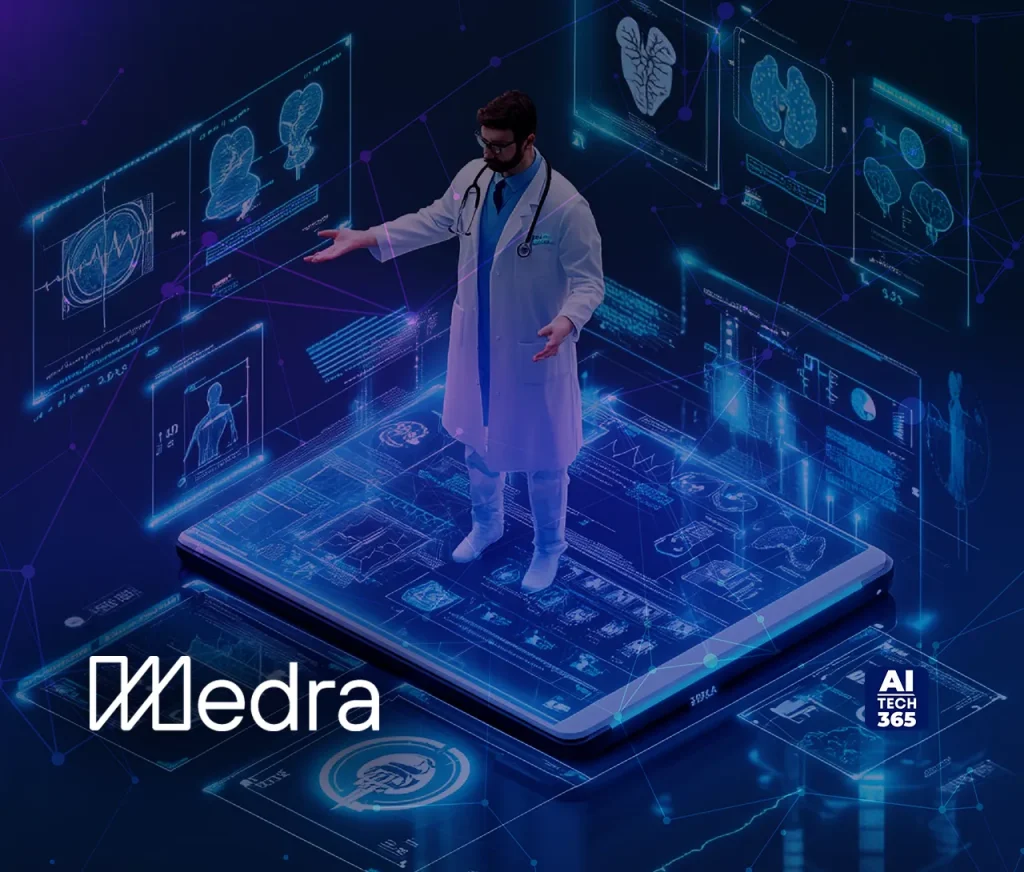Medra, a pioneering startup in “Physical AI for experimentation,” announced the launch of its Continuous Science Platform, a groundbreaking system that integrates robotics and artificial intelligence to accelerate scientific data generation and discovery.
Medra’s mission is built on a fundamental principle: to harness AI for eradicating disease, science must first address the persistent challenge of data scarcity. While large multimodal AI models are trained on vast datasets, scientific AI models are often limited by decades-long bottlenecks in data creation. For instance, AlphaFold2 the protein-folding AI that earned Google DeepMind a Nobel Prize in Chemistry was trained on protein structures amassed over nearly 50 years, representing only 0.3% of the data used for today’s largest AI models.
“Scientific frontier models need 1,000X more training data to match the intelligence of current multimodal reasoning models,” said Michelle Lee, PhD, CEO of Medra. “The only way forward is to rethink how we generate scientific data, compressing decades of discovery into months.”
Also Read: Fujitsu unveils AI platform to boost healthcare efficiency
Continuous Science: Merging Physical AI with Scientific AI
Medra’s innovative platform merges general-purpose robotics with scientific reasoning AI to conduct laboratory experiments at unprecedented scale. The system operates as a self-improving, closed-loop network, composed of two synergistic components:
-
Physical AI acts: By combining versatile robots with agentic models possessing visual and language comprehension, the platform automates up to 70% of instruments already used by scientists. It captures high-resolution images, logs every motion, and records experimental actions with unmatched detail, generating a new layer of metadata called Infra-data data never before collected at scale.
-
Scientific AI learns: Advanced reasoning models analyze Infra-data, alongside information from electronic lab notebooks and scientific literature, to suggest the next experimental steps. This creates a closed-loop, self-optimizing system capable of converging on optimal experimental protocols faster than traditional methods.
Accelerating Discovery Across Biotech and Pharma
Medra is collaborating with some of the world’s leading biotech and pharmaceutical companies to design novel antibodies, develop gene therapies, conduct cell-based assays, and more. The company has also published case studies highlighting successful projects with partners Addition Therapeutics and Lila, showcasing the platform’s ability to accelerate scientific discovery and innovation.
With the launch of the Continuous Science Platform, Medra positions itself at the forefront of the next era in laboratory research where AI and robotics converge to transform how science generates knowledge, solves complex problems, and speeds the path from discovery to life-saving solutions.

